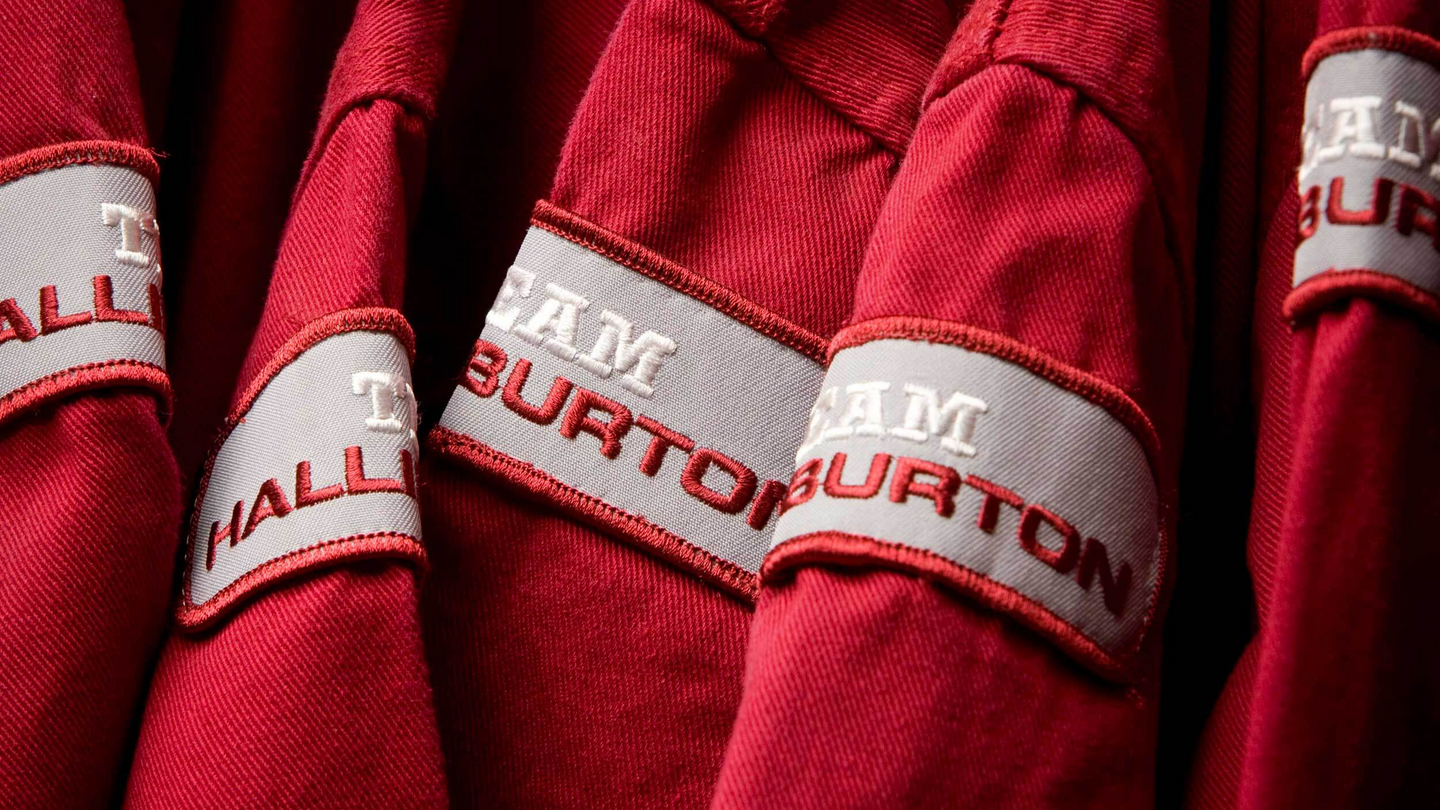 Search
Search
 Search
Search
PixStar™ high-resolution ultrasonic imaging logging-while-drilling service provides images that aid wellbore stability understanding
Download PDFMature fields

Provide images that aid wellbore stability
Kuwait Oil Company, Middle East
Sperry Drilling engineered a drilling solution that included:
Kuwait Oil Company needed high-resolution images to enhance reservoir understanding in a 6-inch wellbore. Having previously used high-resolution logging-whiledrilling (LWD) amplitude images to identify fractures, the combination of both radius and amplitude images were used to identify bed boundaries and sections where borehole breakout and washout were present. The identification of borehole breakout, in addition to the analysis of consistent breakout direction, enables the geomechanical model to be refined, and provides valuable information to improve wellbore stability.
The PixStar™ high-resolution imaging service was included in a Geo-Pilot® 5200 rotary steerable system (RSS) bottomhole assembly (BHA), including the EWR®-PHASE 4™ resistivity sensor, along with ALD™ and CTN™ sensors for density and neutron porosity measurements, and an XBAT™ azimuthal sonic sensor for acoustic measurements. The formation evaluation sensors logged a 928-foot (283-meter) section of 6-inch wellbore, using 15-ppg oil-based mud (OBM), with an average borehole inclination of 60°.
During drilling, the logging speed was approximately 30 feet/hour (9 meters/hour), with drillstring rotation around 120 rpm, resulting in an axial resolution for the ultrasonic images of around 0.15 inches. Of the 100 features identified from the images, 66 were interpreted as bed boundaries, with an average dip of 5.4° and azimuth of 313°, and 34 were interpreted as zones of borehole breakout. Consistent breakout direction was observed over the entire section.
The ability to identify both bed boundaries and zones of borehole breakout in high-mudweight, high-angle OBM applications, using ultrasonic LWD technology, offers an alternative to wireline technologies, where wellbore stability concerns pose a significant risk for wireline deployments. The successful acquisition of both radius and amplitude images highlights the potential for ultrasonic images to be used in real time to identify borehole size and shape, and to monitor and address wellbore stability issues.
PixStar service features
Bed boundaries
Breakouts
